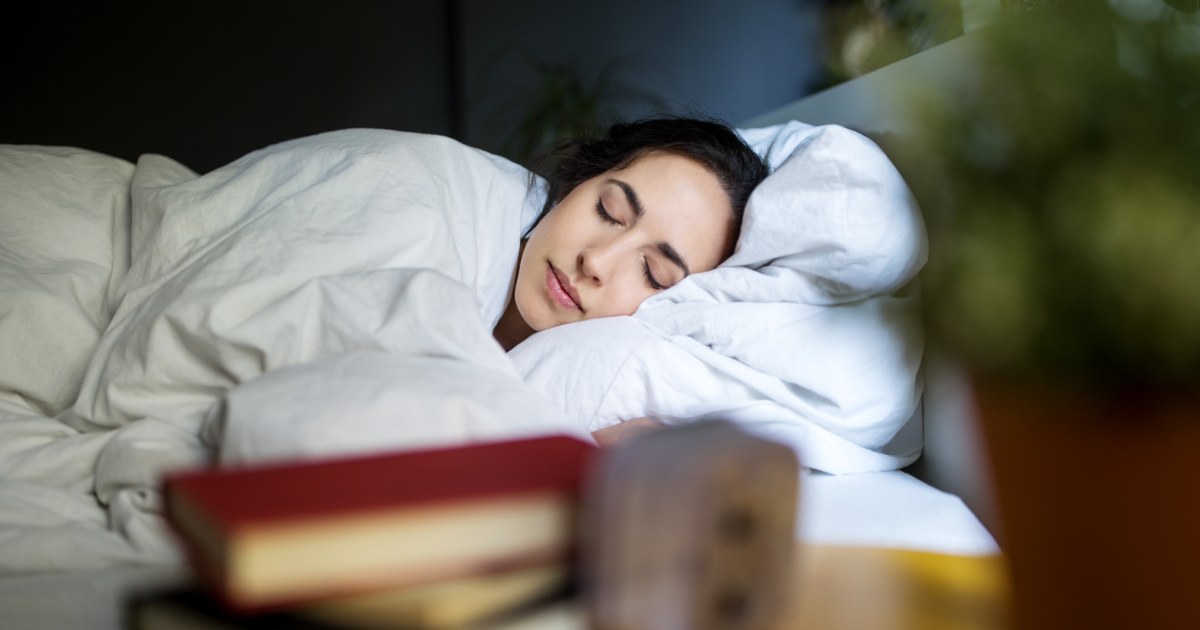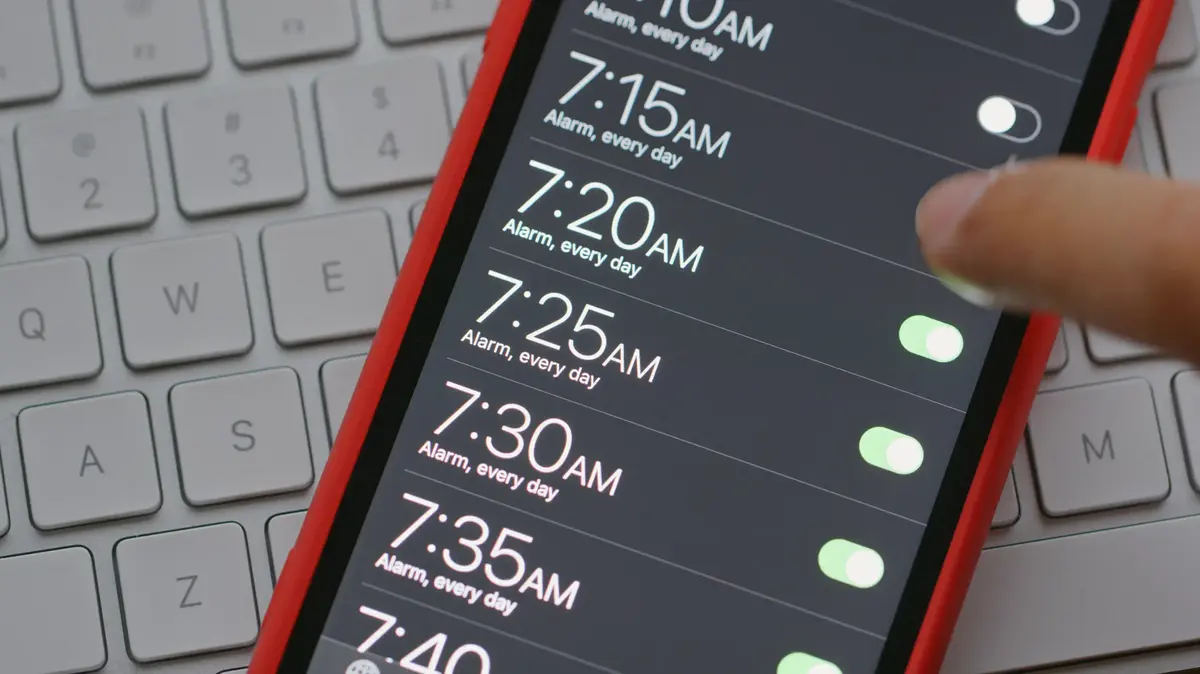By Kerry Breen—
Today
The change of seasons brings with it another important transition: Daylight saving time will end and clocks will go back to 2 am on November 6, gaining another hour this Sunday.
It's a more welcome change than the start of daylight saving time in March (when you lose an hour, usually of sleep), but it can also have an impact on your health.
Why do we gain an hour of sleep?
As winter approaches it gets darker earlier, and that can disrupt the circadian rhythms that moderate sleep.
Setting the clocks back allows you to gain an hour of daylight in the morning, which is "beneficial" and is "one of the main reasons for this time in the fall," says Eleanor McGlinchey, a psychology professor at Fairleigh Dickinson University in Teaneck, New Sweater).
[Mexico eliminates summer time. Why can it be good?]
Mexico eliminates the summer time that governed for 26 years.
These are the reasons
Oct. 27, 202201:37
How does the time change affect sleep?
Gaining an hour of sleep affects us a bit, according to psychologist Courtney Bancroft, who thinks the fall time change is much easier than the spring time change, where we lose an hour.
“There are many studies showing that heart attacks and car accidents decrease by a significant percentage due to the extra hour of sleep we gain when we turn our clocks back,” says Bancroft, “just as there is a significant change in increase in heart attacks when we lose an hour of sleep at the spring time change.”
The biggest change to most sleep schedules is that you naturally wake up earlier, which he says can be helpful.
[What is the healthiest time to eat our meals, according to scientists?]
“Alarm clocks can be really disturbing,” he adds, “they can cause surprise and the fight or flight system can kick in... But if we wake up naturally because the light is coming in or because we've already reached our time limit for sleep, that can have a really kind effect.
What is the best way to adapt to change?
Although gaining an hour of sleep is easier on your body than losing an hour in the spring, Bancroft provides three tips:
Option 1: Four days before the time change
If your original bedtime is 11 p.m. and your wake-up time is 7 a.m., go to bed by 11:15 p.m. four days before the time change, and plan to get up at 7:15 a.m. the morning.
Three days before, go to bed at 11:30 and wake up at 7:30;
two days before, sleep at 11:45 and wake up at 7:45.
Not all Mexicans agree with the elimination of daylight saving time
Oct. 2, 202201:44
On November 6, go to bed at midnight.
The time change occurs during the night, so you'll wake up at 7 am having slept your full eight hours.
Then go back to your normal bedtime at 11pm.
Option 2: Two days before the time change
If you normally go to bed at 11 p.m. and wake up at 7 a.m., try to stay up until 11:30 p.m. on November 5 and sleep until 7 a.m. on November 6.
Gaining an extra half hour of sleep, according to Bancroft, will help you "adjust more quickly, less drastically."
[Why should we change the time? Every year there is debate]
Option 3: The night before the time change
This plan is ideal for early risers: go to bed on November 5 at 11 p.m. and wake up at 6 a.m. instead of 7 a.m.
"You may find that you naturally wake up earlier after the time change because of the light," says Bancroft.
"If so, get out of bed so you'll feel like sleeping earlier that night."
Remember that the time change lasts all day, so if you're used to going to sleep at 11 p.m., you may start to feel tired around 10 a.m. If you get up at 6 a.m., it will take the same number of hours awake as before the change.
Go to bed around 10 p.m. and wake up at 7 a.m. the next day to get your groove back.
More and more doctors highlight the health dangers of changing the time twice a year
Nov. 4, 202201:44
Tips to adapt after the time change
McGlinchey believes it's important to make sure you stay on schedule in the days and weeks after the time change.
Keep an eye on mealtimes and time spent awake in bed, and do your best to wake up naturally rather than with an alarm clock.
"Eating too early or too late can affect your circadian rhythms," he said, "try to keep technology out of your bed, make sure you're not hanging out in bed, because that can mess up your sleep-wake schedules."
"Try to notice when you wake up naturally and see if you can take advantage of it," he concluded, deciding from there when you should go to sleep: "Try to be as consistent as possible," he recommends.










/cloudfront-eu-central-1.images.arcpublishing.com/prisa/2C5HI6YHNFHDLJSBNWHOIAS2AE.jpeg)



